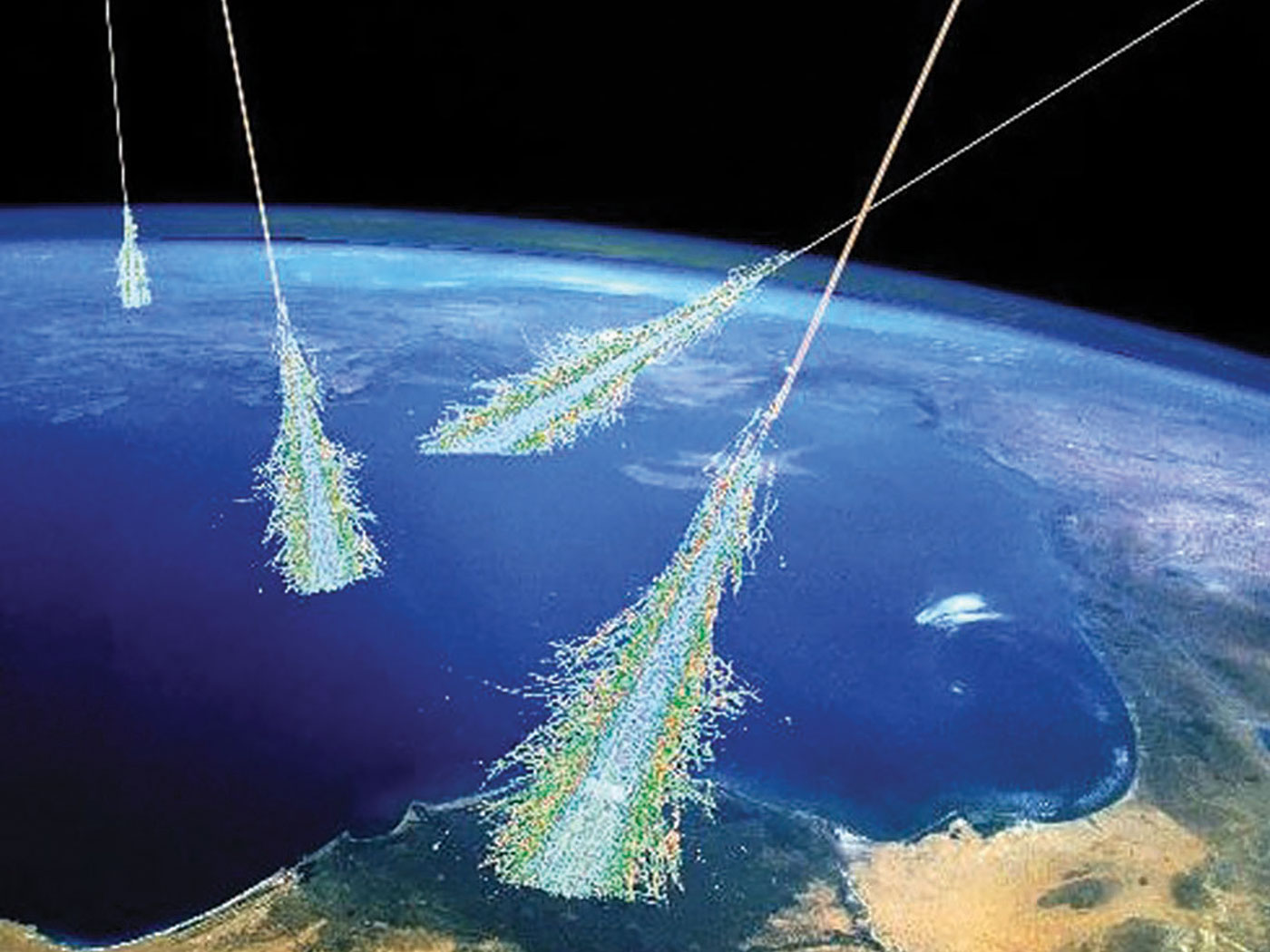For decades, a number of evolutionists have found it to be unlikely that life evolved from nonlife here on earth. Although they are the minority, they list solid scientific reasons why such an event is effectively impossible (e.g. Origins: A Skeptic's Guide to the Creation of Life on Earth, Robert Shapiro, 1986).
For instance, Professor Chandra Wickramasinghe and his colleagues at Cardiff University's Centre for Astrobiology in Wales maintain that comets are the source of present life on Earth. This theory is called panspermia and has in fact existed for decades.
Interestingly, the British scientists "calculate the odds of life starting on Earth rather than inside a comet at one trillion trillion (10 to the power of 24) to one against."
Creation scientists agree. Life on Earth springing from rock, water and raw, unfiltered sunlight simply will not happen--no matter how long Darwinists posit. To remove the "spontaneous abiogenesis" problem and place it on a comet does not help. As Paul von Ragué Schleyer, Graham Perdue Professor of Chemistry at the University of Georgia, stated, "Asteroids may have brought |biomolecules forming DNA| from outer space, but how did biomolecules form there?"
Professor Wickramasinghe stated, "We now have a mechanism for how it could have happened. All the necessary elements--clay, organic molecules and water--are there. The longer time scale and the greater mass of comets make it overwhelmingly more likely that life began in space than on earth."
Creationists counter that a junkyard has "all the necessary elements" to make a car--but an orderly mechanism must bring these various items together--and long time periods and chance are not a mechanism. Would you board an airliner that was randomly assembled over long periods of time? Buckle up!
As we continue to study life at the cellular level (bacteria and protozoa) we find that "simple life" is an oxymoron. Everything about life is amazingly complex. Mixing clay, organic molecules and water and waiting for millions of years will result in toxic tar 100 percent of the time.
Life comes only from life (John 14:6).
(see also: "The Origin of Life and the Death of Materialism," by Stephen C. Meyer, Intercollegiate Review, Vol. 31, No. 2)
















